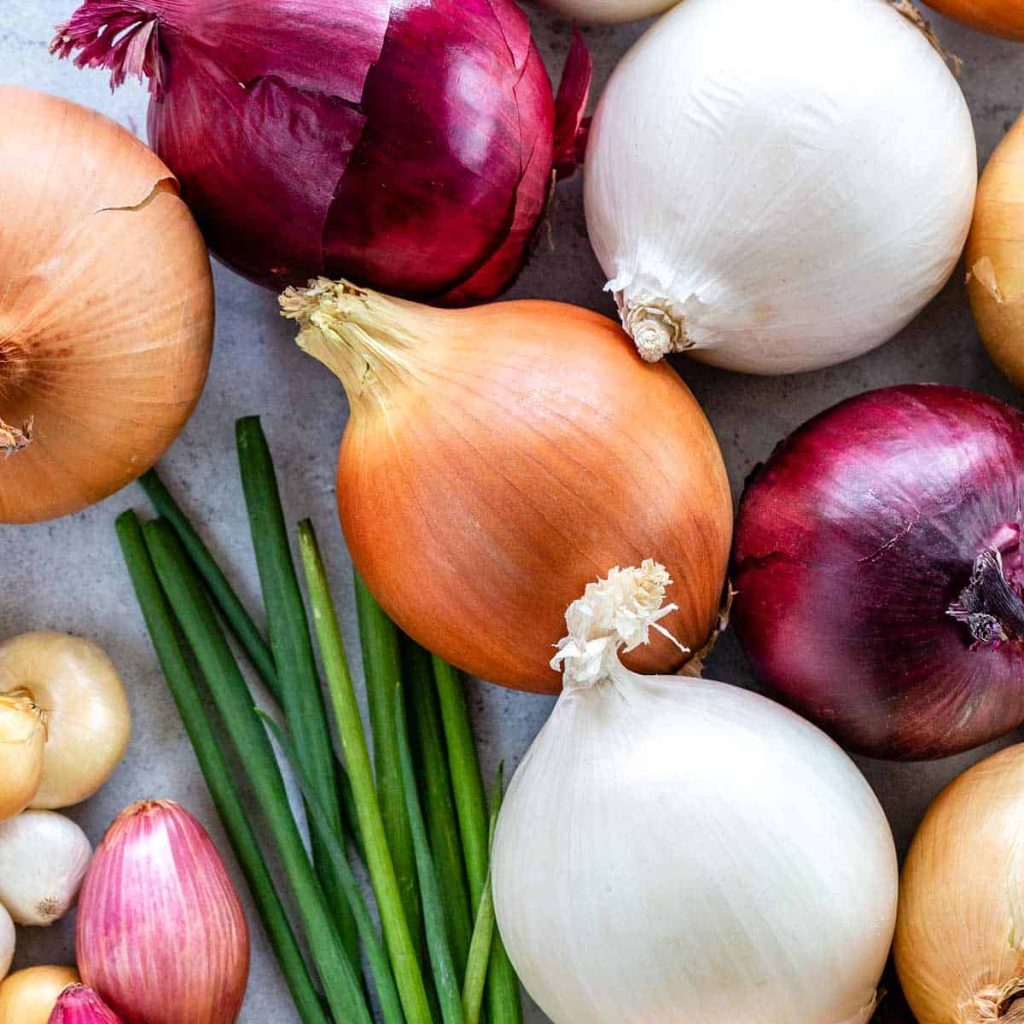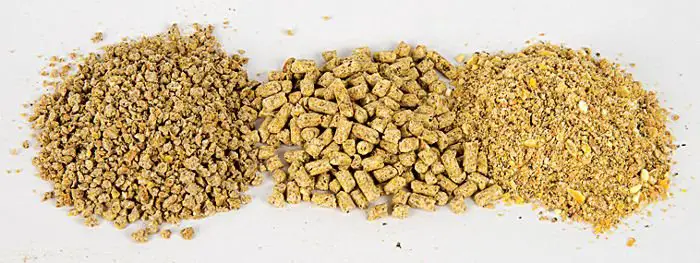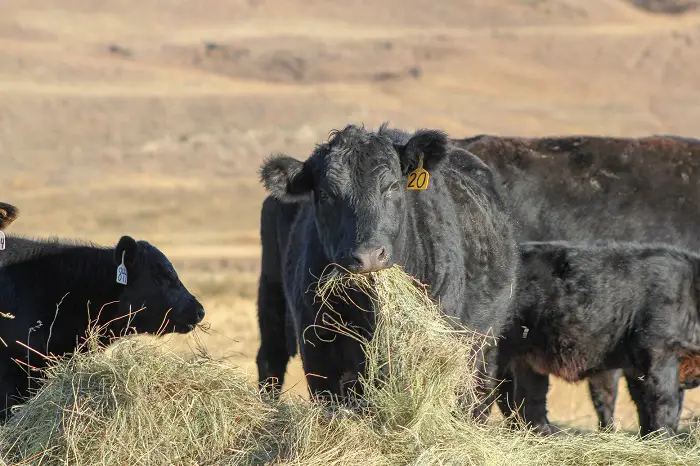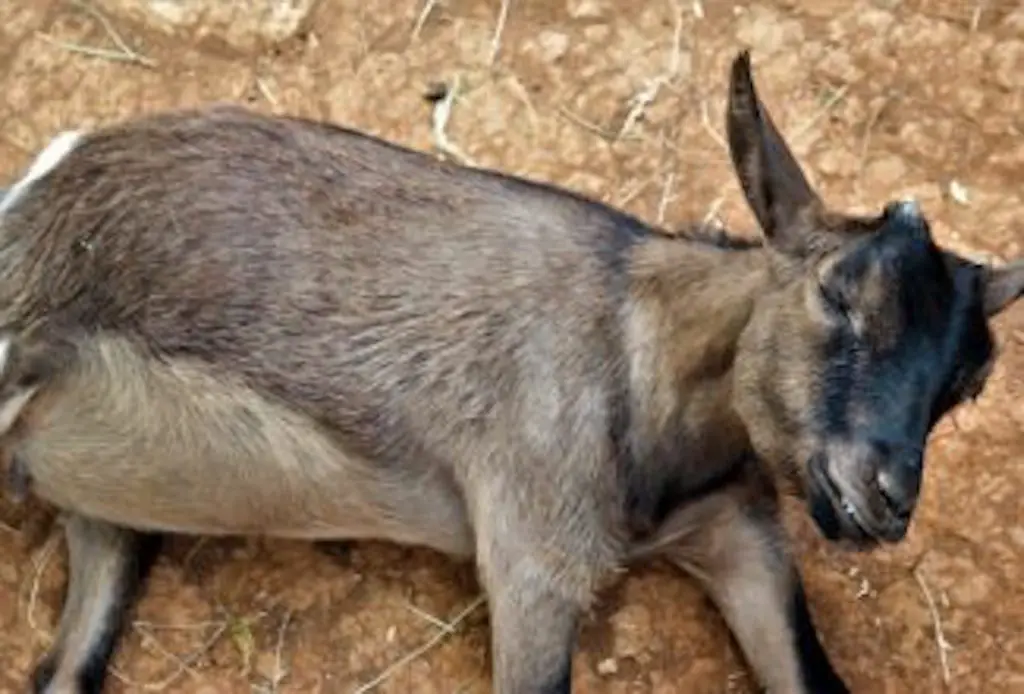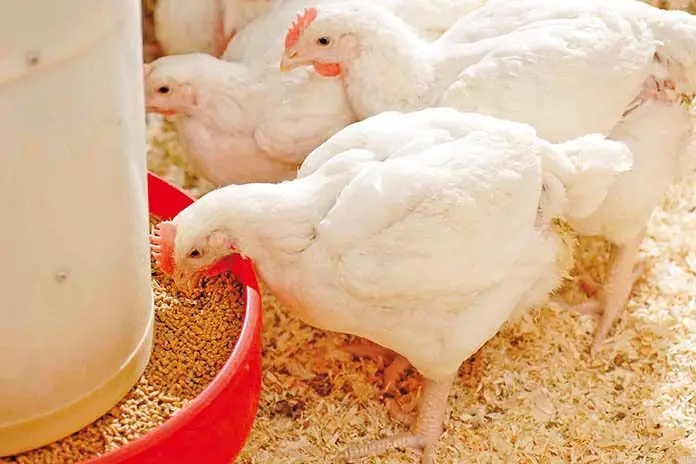Onions are used across the globe in many food dishes, consumed in their raw, pickled, and/or cooked form, they come in many varieties and colors. Everyone knows onions and some of us can even remember them from biology class where we first saw plant cells under a microscope. Onions are very low in nutrients, being mostly water, and are mostly used for their flavor which comes out strongly in any dish they are added to. Although there are no harmful effects of feeding onions to pigs, onions cannot form the bulk of a pig’s diet. There could be an effect on the meat quality of pigs fed onions due to the meat getting an onion taint from the polyphenolic chemicals present in the onions. Maybe an onion-tainted pork chop might not be bad as it could be easier to marinate for the barbeque, my thoughts.
Contents
Typical Nutritional Value of Onions
The feeding value of onions is comparable to barley on a dry matter basis, however, since onions are mostly water, you would have to feed a lot to get the same performance. Unfortunately, as already discussed onions contain harmful chemical compounds that are lethal in large amounts. Like barley grain, the crude protein of onions is also quite low averaging 11% on a dry matter basis. Unlike barley, onions have a low fiber content which leads to rapid digestion in the pig gut, potentially causing digestive problems.
How to Feed Onions to Pigs?
Pigs can eat a wide variety of foods and can dig the earth using their snouts to search for bulbs and tubers. Pigs can eat onions raw it is recommended to boil them beforehand to avoid the toxic effects of the chemicals in the onions and to aid digestion. Fresh chopped-up onions can be fed to pigs but they tend to give the pigs a lot of gas due to rapid digestion because onions are very low in fiber. Chopping and hydrating the onions can improve the feeding value of the onions, but care should be taken as due to moisture loss the toxic chemicals are more concentrated per every kilogram of onions fed unlike with fresh onions. It is recommended hence to feed cooked onions as part of a complete pig diet and never as a sole ration.
Benefits of Feeding Onions to Pigs
Quercetin, a chemical present in onions has been shown to reduce oxidative stress and be beneficial for normal bone growth. Utilizing rejected onions to feed pigs also reduces waste and total feed costs for the pig farmer. Where there is an abundance of rejected onions this could lead to the profitability of the pig enterprise. Again as a reminder, the inclusion of onions in pig feed should be kept to a bare bare minimum, local experience, and farmer knowledge is critical here to determine safe levels, by observing the pigs for toxicity symptoms.
How Many Onions Should I feed to Pigs?
Most studies on feeding onions to livestock have been done mostly on ruminants, and little or no research has been done on pigs. In young ruminants like calves and lambs feeding more than a quarter of the ration as onions had detrimental effects on the performance of the animals. It is safe to assume that when feeding pigs their inclusion needs to be much lower than 25%, farmer experience here becomes of paramount importance. In regions of the world where it is financially feasible to feed onions, farmers have to rely on knowledge gathered over the years to come up with safe inclusion levels. Pet pigs can be fed onions as snacks where onions are available with no effects as long they are also fed a balanced diet that meets their requirements for growth and development.
Constraints of Feeding Onions To Pigs
- Onions are very bulky, being almost 90% water, and this means the cost of transporting even rejected onions can be high and not profitable
- Onions cannot be fed as a large part of the pig diet as they can cause lethal poisoning. The symptoms of poisoning include and not limited to increased heart rate, lack of appetite, anemia, and staggering, leading to death.
- Onions are also known to reduce the quality of pork of pigs fed onions by giving the meat a detectable taint, and bitter taste, which can lead to customer rejection. For pet pigs, this has no impact so occasional snacks or feed with onions will not have an effect.
- Onions have to be introduced slowly to pigs to avoid digestive disorders.
Are Safe Onions For Animal Feeding?
Onions are toxic to some domestic animals which does not render them an attractive choice of food for any animal, and many are reluctant or even afraid to feed their animals onions. The most popular animals to be affected by onion toxicity are dogs and cats which can explain this fear as these are pets beloved by most. Chemical compounds in onions can disrupt the normal oxygen-carrying capacity of the blood leading to death. However, onions can be fed in limited quantities, to ruminants especially cattle, and sheep with no effect and actually help rid of rejected onions which would be harmful waste to the environment. It is important to note that onions, in these situations, were fed as part of a complete diet for the animals balanced for fiber and energy.
Conclusion
Pigs can eat onions and onions can be fed preferably cooked to reduce their toxic effects on the pigs. Another consideration when feeding onions to pigs is that they need to be introduced gradually and fed in very low quantities. The aromatic compounds in onions are also known to cause a taint and bitter taste to the pork of pigs fed onions so moderation is key. Onions are very nutrient poor being mostly water so they should always be fed as part of a complete pig diet. How much to feed will be determined by the breed of pig, cost of onions and farmer experience.
